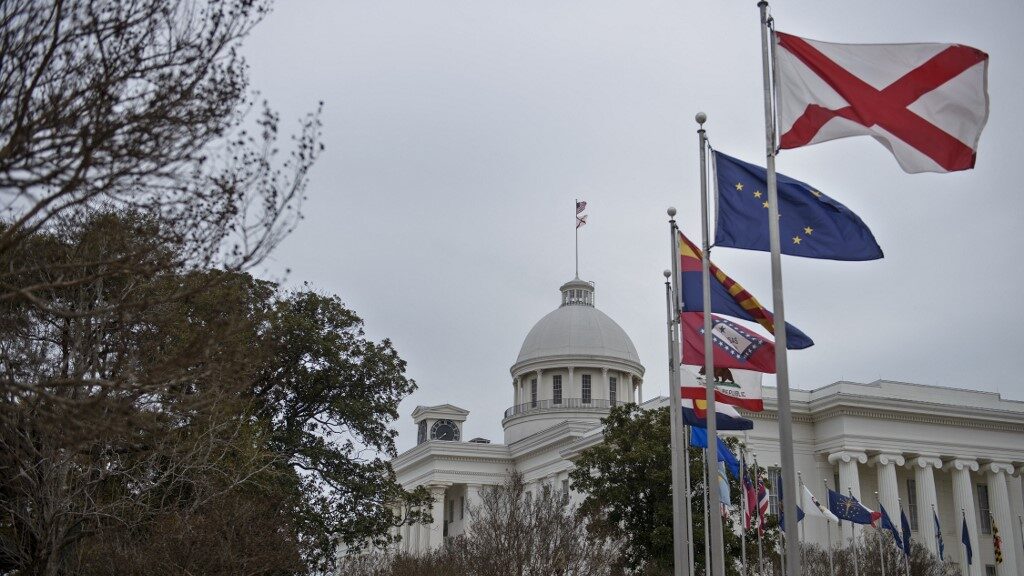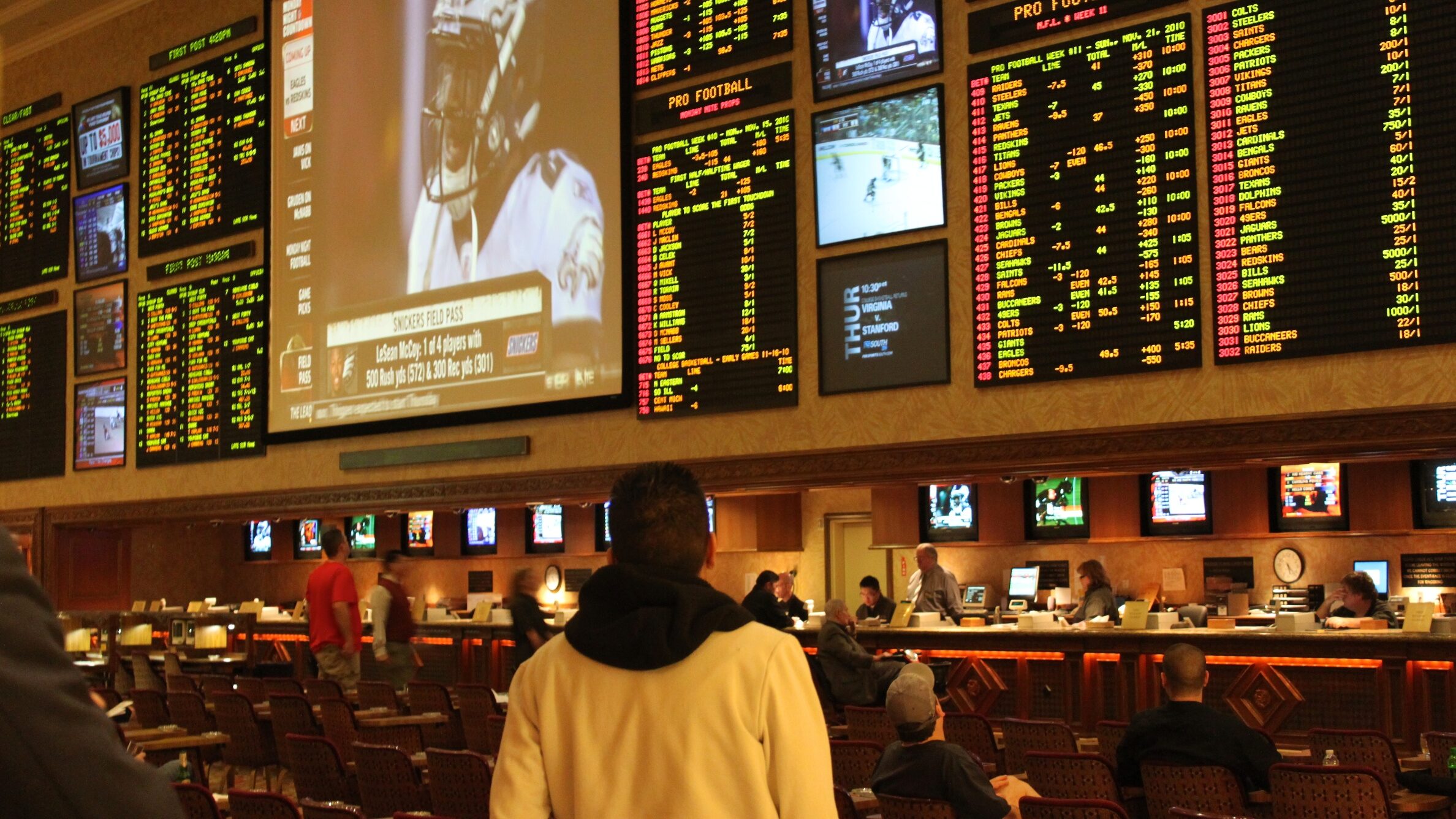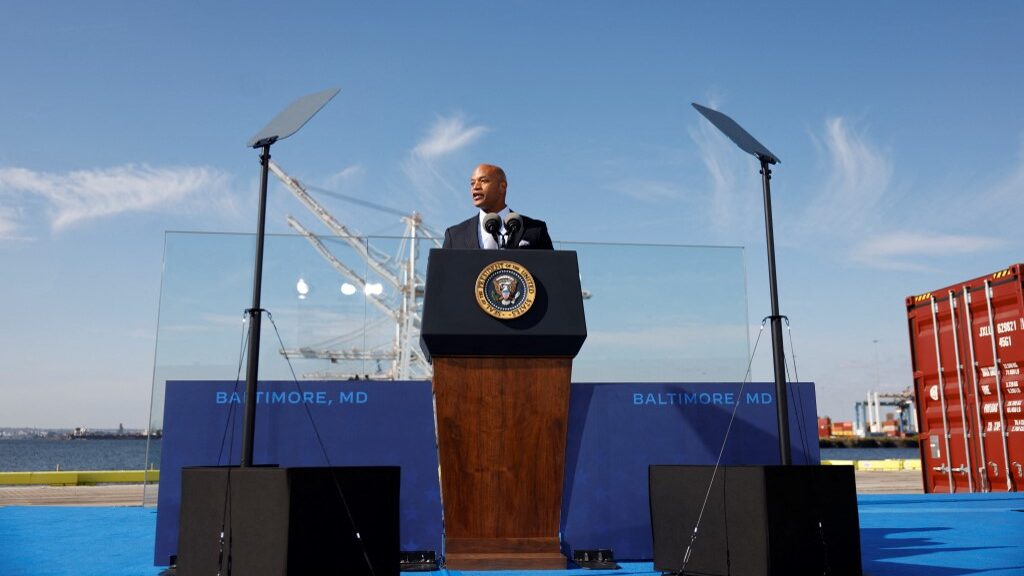
An Alabama Senate committee approved a bill that would allow voters to decide on a state lottery but rejected another bill that would have legalized sports betting and casino games.
Let’s go through the key points behind both decisions and analyze their potential impact on the online sportsbooks industry.
Rolling the Dice
The committee’s decision came after making major changes to a House-approved gambling package that had included both lottery and casino options.
The lottery bill, HB 151, is a constitutional amendment that would authorize a lottery to fund education, health care and other public services. It would also allow existing dog tracks to offer electronic bingo games but not slot machines or table games. The bill passed the committee by a 7-5 vote and now moves to the full Senate for consideration.
The revised version has also altered the timeline for voters to decide on the constitutional amendment required to endorse the proposed package. Instead of holding the vote on the same day as the general election in November, the committee’s changes moved the special election to September 10.
Committee Rejects Sports Betting and Casino Bill
The casino bill, HB 161, would have authorized up to nine casinos in the state, including one operated by the Poarch Band of Creek Indians, the only federally recognized tribe in Alabama. The bill would have also allowed sports betting at the casinos and online, with a 20% tax rate on gross gaming revenue. However, the bill failed to get enough support in the committee and was voted down by a 6-6 tie.
Senator Greg Albritton, R-Atmore, the bill’s sponsor in the Senate, said the exclusion of sports betting from the plan was due to worries about its harmful effects on adolescents.
The committee’s action reflects the ongoing debate and division over gambling in Alabama, a state that has a strict prohibition on most forms of gambling, which is enshrined in its constitution and vigorously enforced.
Supporters of gambling expansion argue that it would generate much-needed revenue for the state and create jobs, while opponents cite moral and social concerns, as well as the potential impact on existing gambling businesses.
What’s Next for the Lottery Bill?
The fate of the lottery bill in the Senate is uncertain, as some senators have expressed opposition or reservations about the proposal. The bill would need 21 votes in the 35-member Senate to pass, and then be approved by a majority of voters in a statewide referendum.
If the bill passes the Senate, it would also have to go back to the House for concurrence, as the committee made some changes to the original version.
Alabama is one of only five states in the US that does not have a lottery, and the last time voters rejected a lottery proposal was in 1999. The state has also been slow to embrace other forms of gambling, such as parimutuel betting and bingo, which are limited and regulated by local laws.
Whether the state will join the growing trend of gambling legalization in the country remains to be seen, but the committee’s decision was a significant step in the process.















